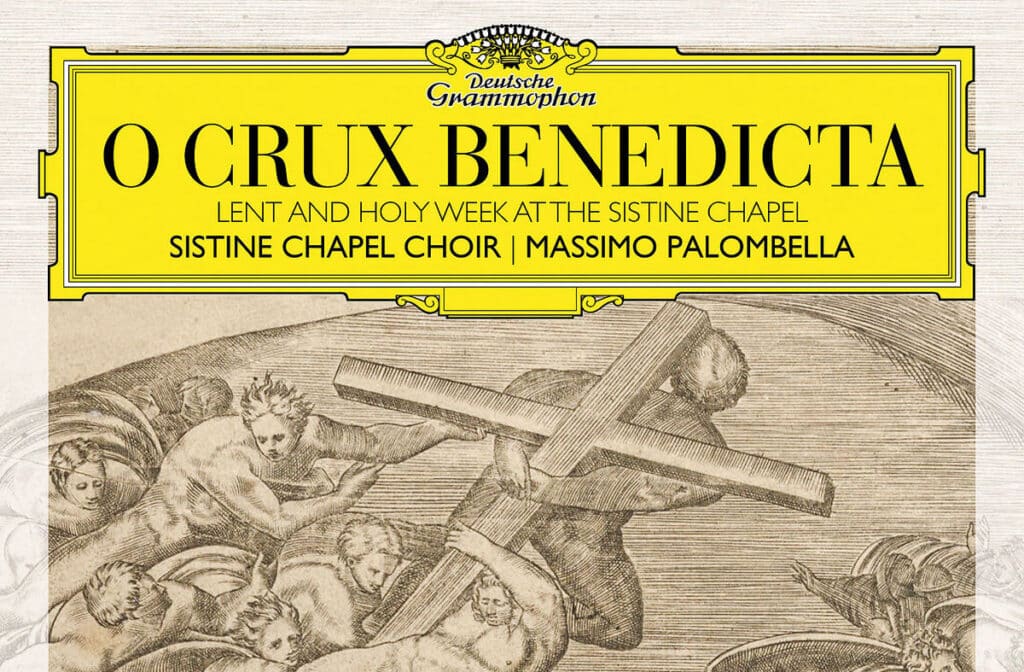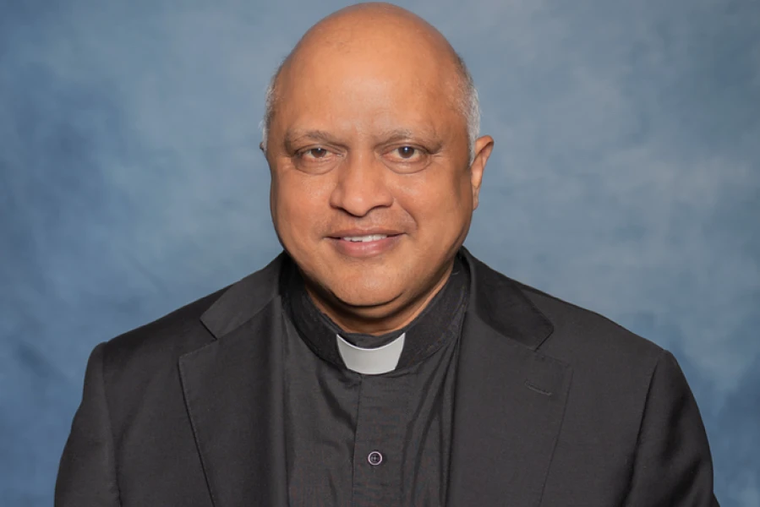On the Record: Musical choices for heart and soul this Lenten season
Candlemas was only just a couple of weeks ago; an early Easter this year means that Lent is here already. If I were to suggest Miserere Mei, Deus (the Gradual) to accompany the start of the Lenten season, no doubt for some readers Gregorio Allegri, the Catholic priest and Italian composer of the Roman School, would spring The post On the Record: Musical choices for heart and soul this Lenten season appeared first on Catholic Herald.

Candlemas was only just a couple of weeks ago; an early Easter this year means that Lent is here already. If I were to suggest Miserere Mei, Deus (the Gradual) to accompany the start of the Lenten season, no doubt for some readers Gregorio Allegri, the Catholic priest and Italian composer of the Roman School, would spring immediately to mind. I’m going to swerve the obvious, though, and instead explore other, equally noteworthy settings of that great psalm.
These sensitive adjustments are inspired: they keep the ear’s attention through nearly 15 minutes of singing, yet never dilute the sense of a whole (or two halves, to be precise). White’s vocal writing is varied and engaging but not complex or fussy. Melodies are elegant and chromatic dissonance is used to decorate throughout, right to the very last phrase. The group responds with singing that is beautifully balanced yet full of character.
A generation earlier, Constanzo Festa (c.1485-1545) was one of the first Italian composers to gain a reputation across Europe as a polyphonist, and his work probably influenced that of Palestrina. His setting of Miserere Mei has recently been recorded by the Sistine Chapel Choir under Mgr Massimo Palombella (O Crux Benedicta, Deutsche Gramaphon, 2019). Like its more famous cousin, the piece alternates between plainsong, 5-part chorus and 4-part semi-chorus.
It is understated and reverential, and the track gives us a sense of the enormous space in which it was recorded, almost as though we are in the chapel ourselves, kneeling in prayer as the choir diligently petitions on our behalf. There’s a slight kerfuffle in the background towards the end, and I think a mobile phone goes off at one point – all designed to replicate the authentic churchgoing experience, no doubt!
At this point, you could be forgiven for thinking that Psalm 51 has to be slow-moving and unaccompanied. But allow me to transport you to 18th-century Europe, where we will find settings by Pergolesi, Richter, Caldara, and two by the Czech composer Jan Dismas Zelenka (1679-1745). His four-section Miserere in C minor (ZWV 57) was recently recorded by the Accademia Barocca Lucernensis under Javier Ulises Illán (Sacred Music for Dresden Cathedral, Panclassics, 2019). The opening movement is a frantic, desperate cry for mercy, and the whole work is rich in tortured dissonance.
Sir James MacMillan’s monumental Miserere was commissioned by The Sixteen and premiered in 2009. Throughout we hear MacMillan’s characteristic fingerprints: modality, dissonance, and canonic textures inspired by music of an earlier era; Scotch snaps, trills, glissandi; dramatic, emotional surges; and rich, thickly-scored harmony, with moments of piercing discord and bitonality (for example, the striking shift from B minor to B flat major at “Ecce enim iniquitatibus”).
The piece opens with a broad, somewhat desolate landscape of divided tenors and basses, followed by two unrooted, unstable alto and soprano phrases. The subsequent sop-rano duet becomes so agitated that a primordial scream is let out at “et peccatum meum contra me est semper” (and my sin is ever before me), and the lower parts re-enter with long, wordless chords, providing a platform for dissonance. The six sections, threaded together by recurring motifs, are divided into two by a passage of harmonised chant (the same Tonus Peregrinus used by Allegri), and the tumultuous opening is counterbalanced by a gentle, mesmeric conclusion.
There are first-class recordings by ORA and The Sixteen themselves, and I find the smaller forces of The Marian Consort, directed by Rory McCleery (In Sorrow’s Footsteps, Delphian, 2018), offer an intimacy, directness and variety of tone that is completely captivating.
Alex Hodgkinson is Director of Music at St Theresa’s Church, Trumbull, Connecticut
![]()
The post On the Record: Musical choices for heart and soul this Lenten season appeared first on Catholic Herald.














